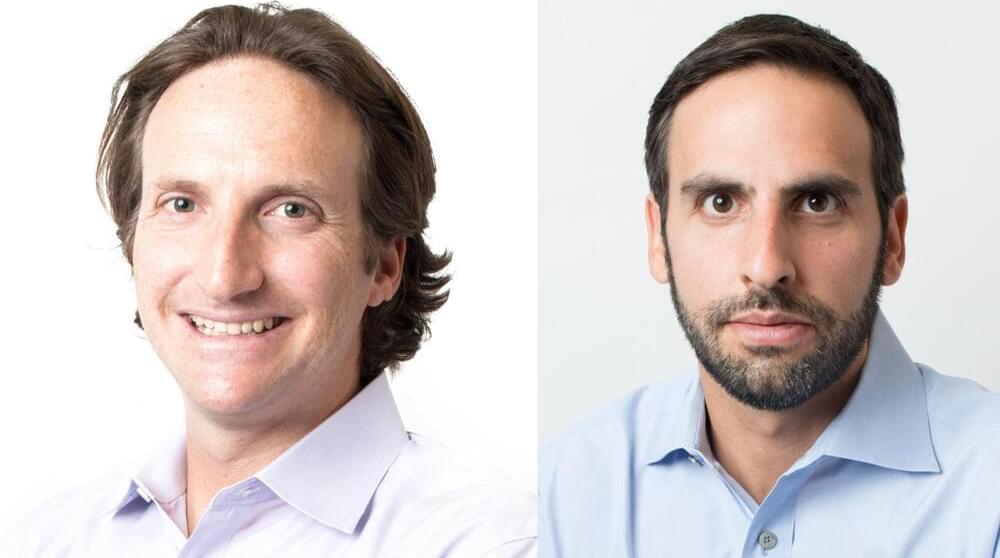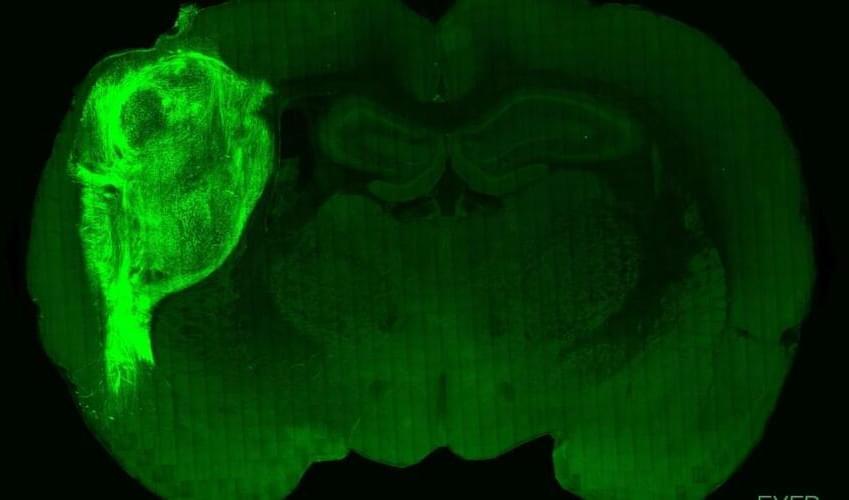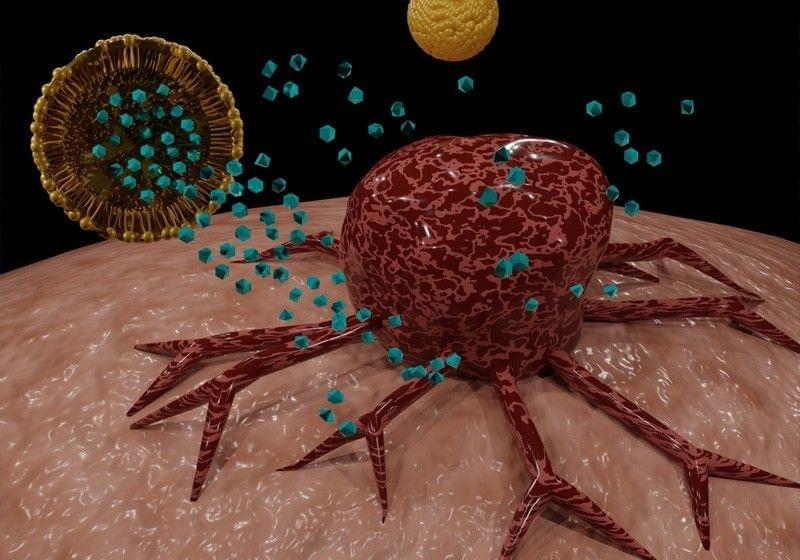A small California biotech emerged from stealth last year to go after drug discovery’s “data problem,” and now the AI outfit has announced its first public partnership. Terray Therapeutics put out word Wednesday that it reached a deal with Calico Life Sciences, the Google-backed anti-aging biotech co-founded by industry legend.
An AI Joe Rogan podcast has created a fake interview with Steve Jobs. If you weren’t in the know, it eerily sounds like the real thing.
When lab-grown clumps of human neurons are transplanted into newborn rats, they grow with the animals. The research raises some tricky ethical questions.
Nadla/iStock.
“ESnet6 represents a transformational change in the way networks are built for research, with improved capacity, resiliency, and flexibility,” ESnet executive director Inder Monga said in a press release. “Together, these new capabilities make it faster, easier, and more efficient for scientists around the world to conduct and collaborate on ground-breaking research.”
Accuracy. Now the Cornell Laboratory for Intelligent Systems and Controls, which developed the algorithms, is collaborating with the Big Red hockey team to expand the research project’s applications.
Representing Cornell University, the Big Red men’s ice hockey team is a National Collegiate Athletic Association Division I college ice hockey program. Cornell Big Red competes in the ECAC Hockey conference and plays its home games at Lynah Rink in Ithaca, New York.
The DishBrain system was developed to leverage neuronal computation and interact with neurons embodied in a simulated environment (STAR Methods; Figure 4 A; Video S2). The DishBrain environment is a low-latency, real-time system that interacts with the vendor MaxOne software, allowing it to be used in ways that extend its original functions (Figure 4 B). This system can record electrical activity in a neuronal culture and provide “sensory” (non-invasive) electrical stimulation comparably to the generation of action potentials by activity in the neuronal network (
Toward the neurocomputer: image Processing and pattern recognition with neuronal cultures.
By packaging lipid nanoparticles with elements that decrease the fibrous nature of solid tumors, researchers can deliver CRISPR therapies in a more efficient manner.
NASA confirms that its DART spacecraft nudged the asteroid Dimorphos into a new orbit.
Signal says it will start to phase out SMS and MMS message support from its Android app to streamline the user experience and prioritize security and privacy.
While this announcement may surprise those who don’t know Signal can also be used to manage this type of text message, the Signal for Android app could be configured as the default SMS/MMS app since its beginning as TextSecure, an app that used the Axolotl Ratchet protocol.
“We have now reached the point where SMS support no longer makes sense. In order to enable a more streamlined Signal experience, we are starting to phase out SMS support from the Android app,” the company said in a blog post published today.
Devising renewable sources of energy is a key concern for scientists, political leaders and communities as the world comes to terms with the realities of climate change and the limits of the Earth’s natural resources. In an exciting new development, scientists from the Institute of Scientific and Industrial Research (SANKEN) at Osaka University have demonstrated that electricity may be obtainable from water with a high salt concentration, such as seawater.
Some people think about “osmosis” as just a science term they were forced to learn in elementary school biology class. However, the spontaneous motion of dissolved ions or molecules through a semi-permeable membrane when there is a concentration difference between the two sides can be harnessed to generate electricity. And luckily for us, the oceans are filled with salty water, which may be used to help alleviate humanity’s ever-growing demand for energy. However, in order to be practical, this membrane needs to be very thin and highly selective to allow ions—but not water molecules—to pass through.
Now, a research team led by Osaka University has used conventional semiconductor processing technology to precisely control the structure and arrangement of nanopores in an ultrathin silicon membrane. Because these fabrication methods have been around for decades, the costs and design complexities were minimized. Moreover, the size and location of the pores could be precisely controlled.









